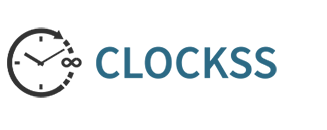Abstract
NAFLD (Non-alcoholic fatty liver disease) is an increasingly spread metabolic status characterized by increasing fat accumulation in the liver, obesity closely associated with it, sedentary habits and insulin resistance. Since there is currently no recognized pharmaceutical treatment, lifestyle changes continue to be the mainstay of treatment. Coffee, a globally consumed beverage rich in bioactive and useful compounds like caffeine, cafestol, kahweol, and chlorogenic acids, has emerged as a potential hepatoprotective agent. Evidence from epidemiological experiments, animal studies, and human trials suggests that regular coffee drinking may help decrease hepatic fat levels, improve antioxidant defenses, prevent inflammatory pathways, and prevent or slow fibrosis progression. Additionally, coffee may enhance insulin sensitivity and regulation of metabolism, indirectly reducing NAFLD-related burden. While variability in outcomes exists because of differences in preparation of coffee, individual genetic elements, dose and study design, overall, the evidence suggests that moderate coffee consumption may have a significant role in liver health dietary regimens. More thorough clinical research is necessary to prove causation and provide precise guidelines, though.
Recommended Citation
El-Hack, Mohamed E. Abd; Arif, Muhammad; Tufarelli, Vincenzo; and Swelum, Ayman A.
(2025)
"Can Coffee Combat Fatty Liver? A Review of Emerging Evidence,"
Al-Mustaqbal Journal of Pharmaceutical and Medical Sciences: Vol. 3
:
Iss.
2
, Article 3.
Available at:
https://doi.org/10.62846/3006-5909.1028






